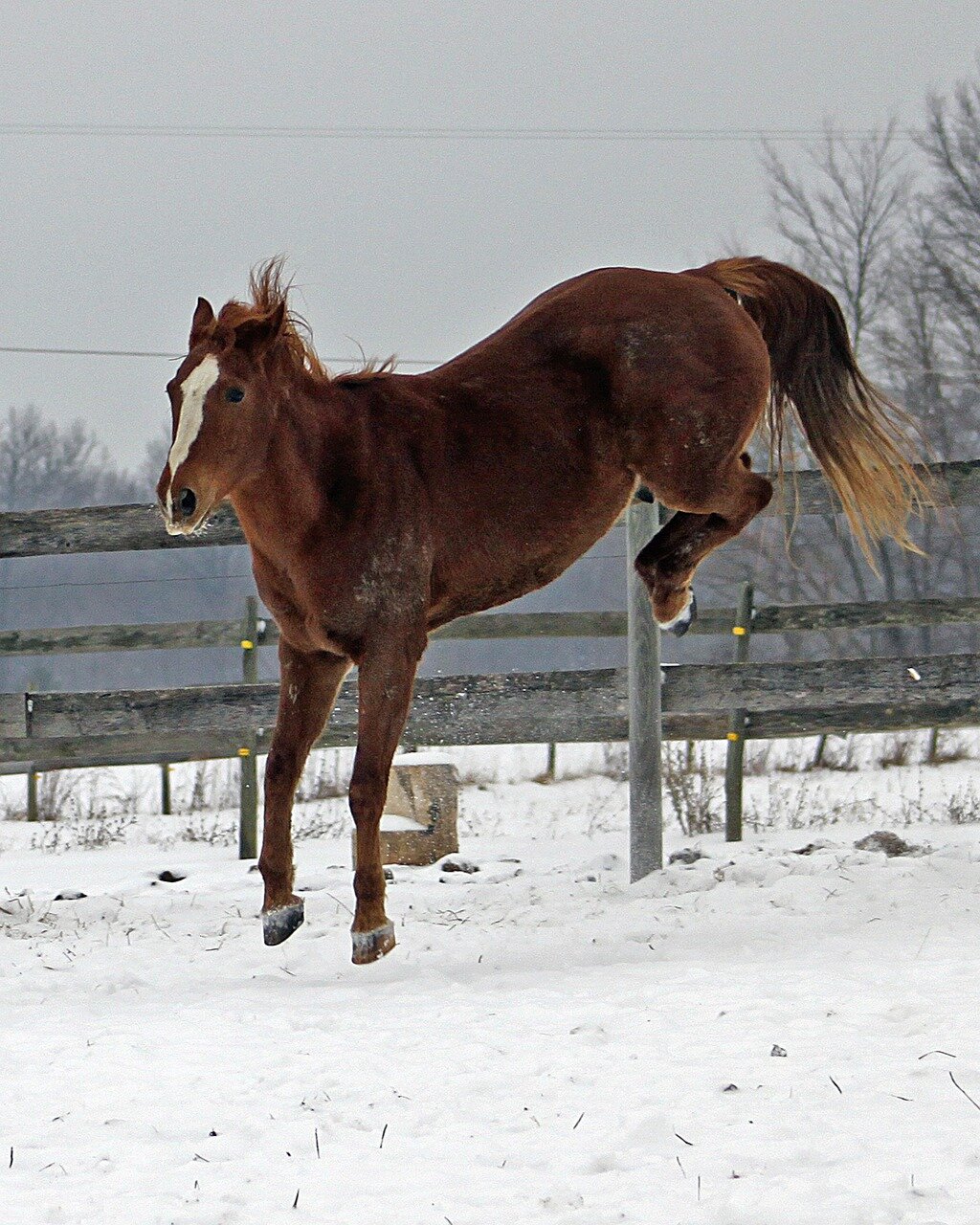“My horse got hurt because the boarding facility turned him out too early.” “That horse is spooky because the trainer didn’t spend enough time on groundwork.” “She ruined that horse.” I wrote about this briefly in one of my posts about bullying. But today I am not writing about bullying. I am writing about blame and barn culture.
Let me share a short story with you. When I was an elementary teacher, I went to use the copier and it was broken. The copier is key to making a teacher’s life run somewhat smoothly. A broken copier can throw a wrench into a teacher’s day. I angrily shouted, “WHO broke the copier!?!” I wasn’t really asking, but just saying something out of frustration. There was a teaching assistant in the room with me. He was an older gentleman from Puerto Rico. “Why does everything have to be someone’s fault? Americans just need someone to blame for everything,” he stated. My first thought was, “Well it doesn’t just break on its own!” I thought about what he said for a moment. I turned to him, and said “oh my gosh, you are right!”
While the story seems boring and mundane, it really was a changing point in my thinking. Why does something always have to be someone’s fault? Why do we need to find someone to blame? Do you notice how it is rarely our own fault? Let me also say this, sometimes things happen, and it really is no one’s fault. Let that sink in.
While I love horse people, I think that we tend to be very quick to blame someone else when something goes wrong. In reality, a lot of people blame others when things go wrong. I am not a psychologist, so I can’t really tell you why people blame others. I can tell you that when we blame others we continue to focus on the problem. We don’t learn from our own mistakes, and we focus less on a solution. What else happens when we focus on whose fault it is and blaming other people? We create an unhealthy barn culture. People around you start to feel judged. They worry more about making mistakes. They worry about what you are going to say about them. They worry about what people will think of them.
Saying all of that, sometimes people are at fault. It is clear and obvious. For example, your horse colicked because they were fed all of their grain for the day in one feeding. They sat in their stall for 20 hours with only one bucket of water that was never refilled. Obviously, that is poor horse management on someone’s behalf. I still think focusing on blaming someone is still not going to solve the problem. Focus on your solution and move forward.
My hope with this post is that, as horse people, we start changing our thinking process. I think that if we are able to do that, it will change our culture. It will create a more friendly and solution-based atmosphere rather than focusing on blame.


